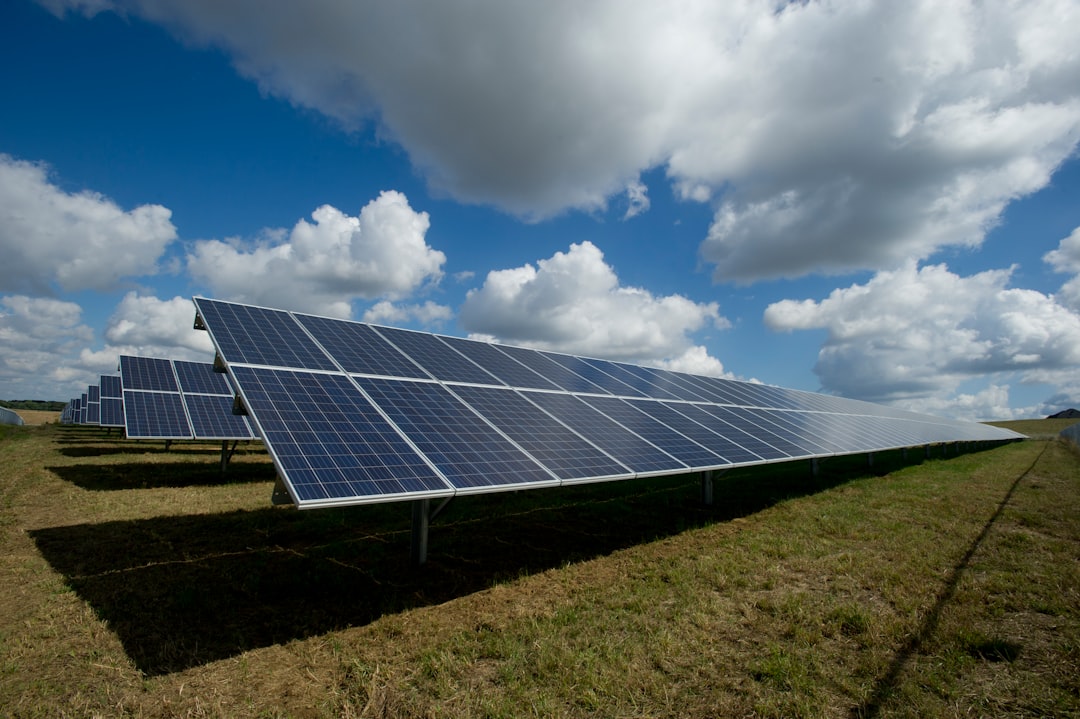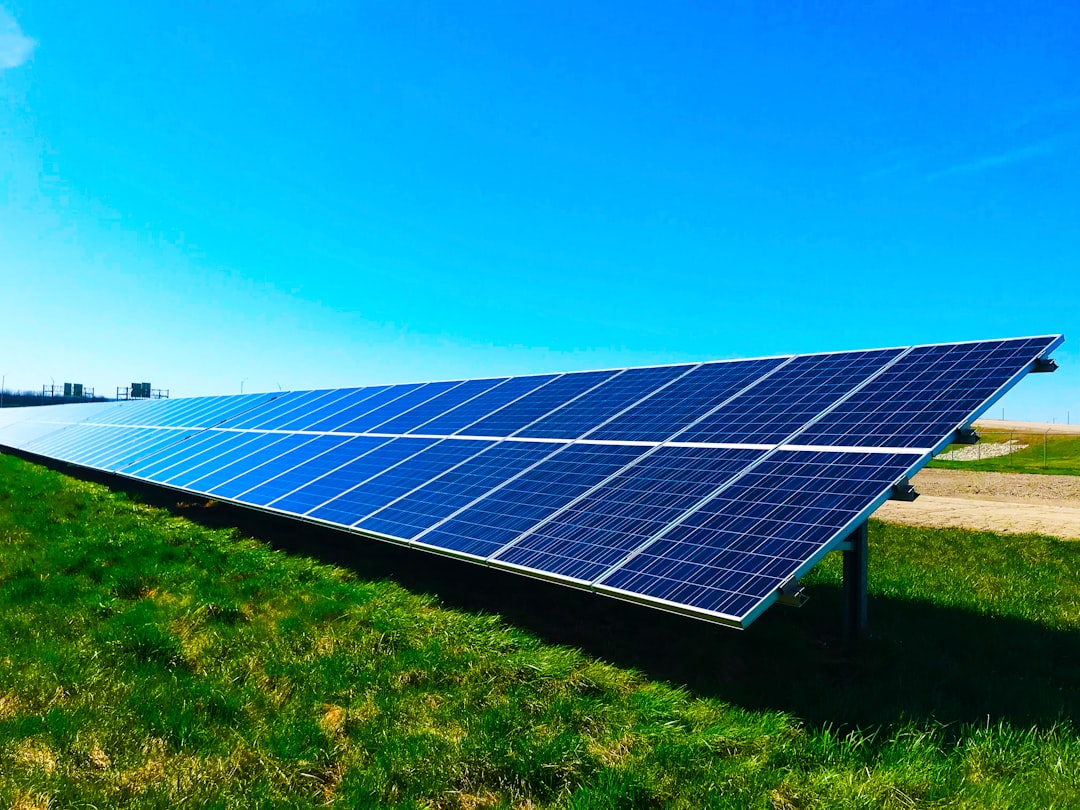Introduction
Like many other nations, Nigeria heavily depends on fossil fuels for its energy requirements. However, as the world becomes more aware of the environmental consequences of these fuels, coupled with the present state of increasing fuel prices amidst subsidy removal, there is a growing demand for renewable energy options. Solar energy, in particular, has emerged as a promising solution to Nigeria’s energy issues. Given the country’s ample sunshine, it has the ability to harness solar power and decrease its reliance on fossil fuels. This article delves into the future of solar energy in Nigeria and its potential to provide a sustainable and eco-friendly energy source for the country.
The current state of energy dependence in Nigeria
Nigeria has traditionally relied upon the use of fossil fuels, specifically oil and gas, to power its industries, homes, and transportation systems. However, this heavy reliance poses several challenges with respect to the environment, economy, and energy security. The extraction, production, and transportation of fossil fuels have led to significant environmental degradation, including oil spills, gas flaring, and air pollution. These environmental issues not only threaten the natural beauty and biodiversity of the country but also pose health risks to the local population.
Furthermore, Nigeria’s dependence on fossil fuels exposes the country to the volatility of global oil markets. Fluctuations in oil prices can lead to economic instability and hamper sustainable development. Additionally, the infrastructure required for oil and gas extraction and distribution is costly and often requires substantial investment, which diverts funds that could otherwise be used for other sectors, such as education, healthcare, and infrastructure development. Additionally, Nigeria’s centralized approach to fossil fuel usage contributes to energy inequality, with many remote areas lacking access to electricity.
To tackle these challenges, there is a growing recognition of the need for Nigeria to diversify its energy sources and reduce its reliance on fossil fuels. Solar energy provides an attractive solution to Nigeria’s energy needs due to the abundance of sunlight throughout the year, offering ample opportunities to harness solar power. Nigeria can establish a more sustainable and resilient energy system by investing in solar energy infrastructure and technology.
The transition to solar energy would help Nigeria to mitigate climate change, reduce its carbon footprint, and create new economic opportunities. Developing solar energy projects would require manufacturing, installation, and maintenance investment, leading to job creation and economic growth. Additionally, decentralized solar power systems can provide electricity to remote and underserved areas, improving energy access and stimulating social development.
In recent years, Nigeria has taken some steps towards embracing solar energy, including implementing policies and incentives to promote renewable energy, including solar power, and attracting local and international investment. However, there is still a long way to go regarding scaling up solar energy capacity and integrating it into the national energy grid. It is clear that the future of Nigeria’s energy sector lies in transitioning to cleaner and more sustainable sources, with solar energy playing a crucial role. By harnessing the sun’s power, Nigeria can reduce its dependence on fossil fuels, improve environmental sustainability, and create a brighter and more prosperous future for its citizens.
In Nigeria, the adoption of solar energy faces several challenges, including high upfront costs and inadequate infrastructure. However, several solutions and initiatives can help overcome these obstacles and promote the use of solar power. One solution is providing affordable financing options that can help reduce the upfront costs associated with installing solar power systems. The government can work with financial institutions to develop specialized loan programs and favourable financing options that cater to the specific needs of the solar energy sector. Another solution is the implementation of attractive government incentives for solar energy adoption, such as tax credits, rebates, and grants for installing solar panels and other equipment. This can incentivize the transition to solar energy and accelerate its adoption.
Raising awareness about the benefits and potential of solar energy is also essential. Education and awareness campaigns can be conducted at the community level, in schools, and through mass media platforms to disseminate information about solar energy, its benefits, and success stories. These campaigns can help overcome resistance and scepticism towards solar energy and promote its adoption.
Developing a skilled workforce and technical expertise in the solar energy sector is critical for its growth and sustainability. The government should establish training programs and vocational courses focused on solar energy, in partnership with educational institutions and industry stakeholders.
Collaboration between the government, private sector, and civil society is vital in driving the adoption of solar energy. Public-private partnerships can facilitate the development and implementation of solar energy projects, leveraging the expertise and resources of both sectors. By working together, these partnerships can accelerate the deployment of solar power systems, address financial and technical challenges, and promote innovation in the solar energy sector
By implementing these solutions and initiatives, Nigeria can embrace solar power as a clean and sustainable energy alternative that reduces dependence on fossil fuels. This can contribute to environmental sustainability, energy security, and economic growth, harnessing the country’s abundant solar resources.
Looking towards a future free from fossil fuel dependency
Nigeria’s energy landscape is poised to undergo a significant transformation as the country looks towards renewable and sustainable sources of energy. Solar energy is expected to play a vital role in this transition, driven by several key factors. One of the primary drivers of Nigeria’s shift towards solar energy is the government’s initiatives to promote the adoption of renewable energy. The government has implemented policies and provided incentives, subsidies, and tax breaks for solar projects. Additionally, creating a favourable regulatory environment has attracted investments in the sector.
The increasing affordability of solar technology is another crucial factor, as the cost of solar equipment and installation continues to decrease. This makes solar energy a more accessible and affordable option for commercial and residential consumers. With the reduction in upfront costs and the potential for long-term savings on electricity bills, more Nigerians are expected to embrace solar energy as a viable alternative to fossil fuels. Nigeria’s growing population has also created an increased demand for energy. By tapping into the abundant solar resources available in the country, Nigeria can meet this demand sustainably without relying heavily on fossil fuels. Solar energy can provide decentralized power solutions, particularly in remote and underserved areas, ensuring energy access for all Nigerians.
The transition to solar energy is expected to create employment opportunities and stimulate economic growth. The development and deployment of solar projects will require a skilled workforce, offering job prospects in installation, maintenance, research, and development. Furthermore, the solar industry’s growth can attract local and foreign investments, driving economic development and technological innovation. The environmental benefits of solar energy are significant, as it is a clean and renewable source of power that significantly reduces greenhouse gas emissions and air pollution compared to fossil fuel combustion. By shifting towards solar energy, Nigeria can mitigate the adverse environmental impacts associated with fossil fuel extraction and combustion, contributing to global efforts in combating climate change and improving air quality.
Solar energy also offers energy security by reducing Nigeria’s dependence on imported fossil fuels, which leaves the country vulnerable to price fluctuations and supply disruptions. With abundant domestic solar resources, the country can stabilize energy prices, enhance energy independence, and improve energy resilience.
Finally, continued advancements in solar technology, including improvements in photovoltaic efficiency, energy storage systems, and grid integration, will further accelerate the transition towards solar energy. These innovations will enhance solar power’s reliability, scalability, and integration, making it an even more attractive and viable energy solution for Nigeria’s future.
Overall, the widespread adoption of solar energy holds immense promise for Nigeria’s energy future. By leveraging the country’s abundant solar resources and embracing the opportunities presented by solar technology, Nigeria can achieve sustainable energy access, economic growth, and environmental preservation. Through continued commitment and collaboration between government, private sector, and communities, Nigeria can secure a brighter and greener future powered by solar energy..
Solar energy has the potential to transform Nigeria by freeing the country from reliance on fossil fuels and creating a sustainable and prosperous future. Solar energy can play a pivotal role in shaping Nigeria’s energy landscape with government initiatives, decreasing costs, increasing energy demand, job creation opportunities, environmental benefits, energy security, and technological advancements.
The transformative potential of solar energy in Nigeria
The Nigerian government has made significant efforts to promote the use of solar energy by implementing policies, providing incentives, and creating a favourable regulatory environment. These efforts aim to attract investments in the solar sector and accelerate the transition towards sustainable and renewable energy sources. Solar equipment and installation costs have significantly reduced, making solar energy more affordable and accessible for commercial and residential consumers. This affordability, coupled with the potential for long-term savings on electricity bills, will encourage Nigerians to embrace solar energy as a viable alternative to fossil fuels.
Nigeria’s growing population has led to an increase in energy demand. Nigeria can sustainably meet this demand by utilizing the country’s abundant solar resources, particularly in remote and underserved areas. Solar energy can provide decentralized power solutions, ensuring energy access for all Nigerians.
The transition to solar energy offers environmental benefits and stimulates economic growth by creating employment opportunities in installation, maintenance, research, and development. Furthermore, the growth of the solar industry can attract local and foreign investments, driving economic development and technological innovation.
Solar energy contributes to environmental preservation by reducing greenhouse gas emissions and air pollution. Nigeria’s shift towards solar energy will help mitigate the adverse environmental impacts of fossil fuel extraction and combustion, aligning with global efforts to combat climate change and improve air quality.
Dependence on imported fossil fuels leaves Nigeria vulnerable to price fluctuations and supply disruptions. Solar energy offers energy security by reducing reliance on foreign oil and gas imports. This enhances energy independence, stabilizes energy prices, and improves the country’s energy resilience.
Advancements in solar technology will further accelerate the transition towards solar energy in Nigeria. Improvements in photovoltaic efficiency, energy storage systems, and grid integration will enhance solar power’s reliability, scalability, and integration, making it an even more attractive and viable energy solution for Nigeria’s future.
In conclusion, solar energy holds immense promise for Nigeria’s future. By leveraging the country’s abundant solar resources and embracing the opportunities presented by solar technology, Nigeria can achieve sustainable energy access, economic growth, and environmental preservation. The commitment and collaboration of the government, private sector, and communities can secure a brighter and greener future powered by solar energy.




